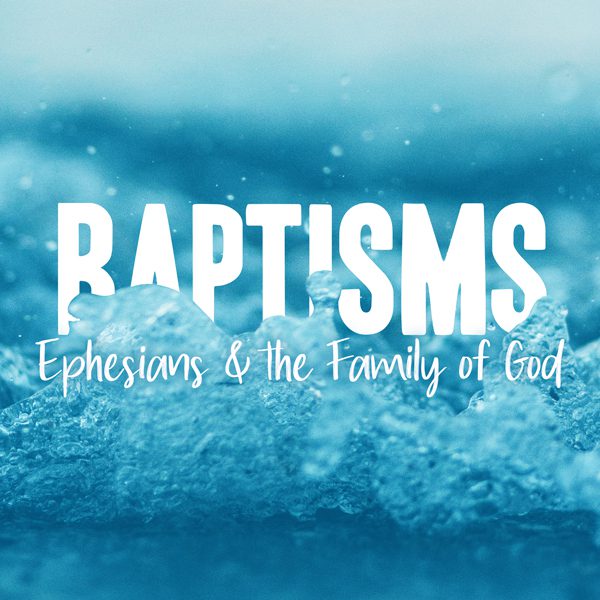



The Bible has much lots to say about baptism! We explore its meaning, and the implications and power it has for us individually and corporately.

We talk about how, on Easter Sunday, we see how all of our hopes are restored and God’s promises are unshaking in Jesus Christ. That He has called us by name, and so we can trust Him and follow Him.

The resurrection of Jesus on that first Easter Sunday is the centrepiece of the Christian message. In this all-age Easter gathering, Phil describes how the resurrection of Jesus allows people with no hope, no value and no power to know hope, know value and know power.

God makes it clear in His word how important it is for us to walk humbly with Him. Humility is a virtue that Jesus exemplified. He showed us how to live with a humble mindset and so we explore in this message how to “walk humbly with our God” and how this humility facilitates living full of the Spirit.